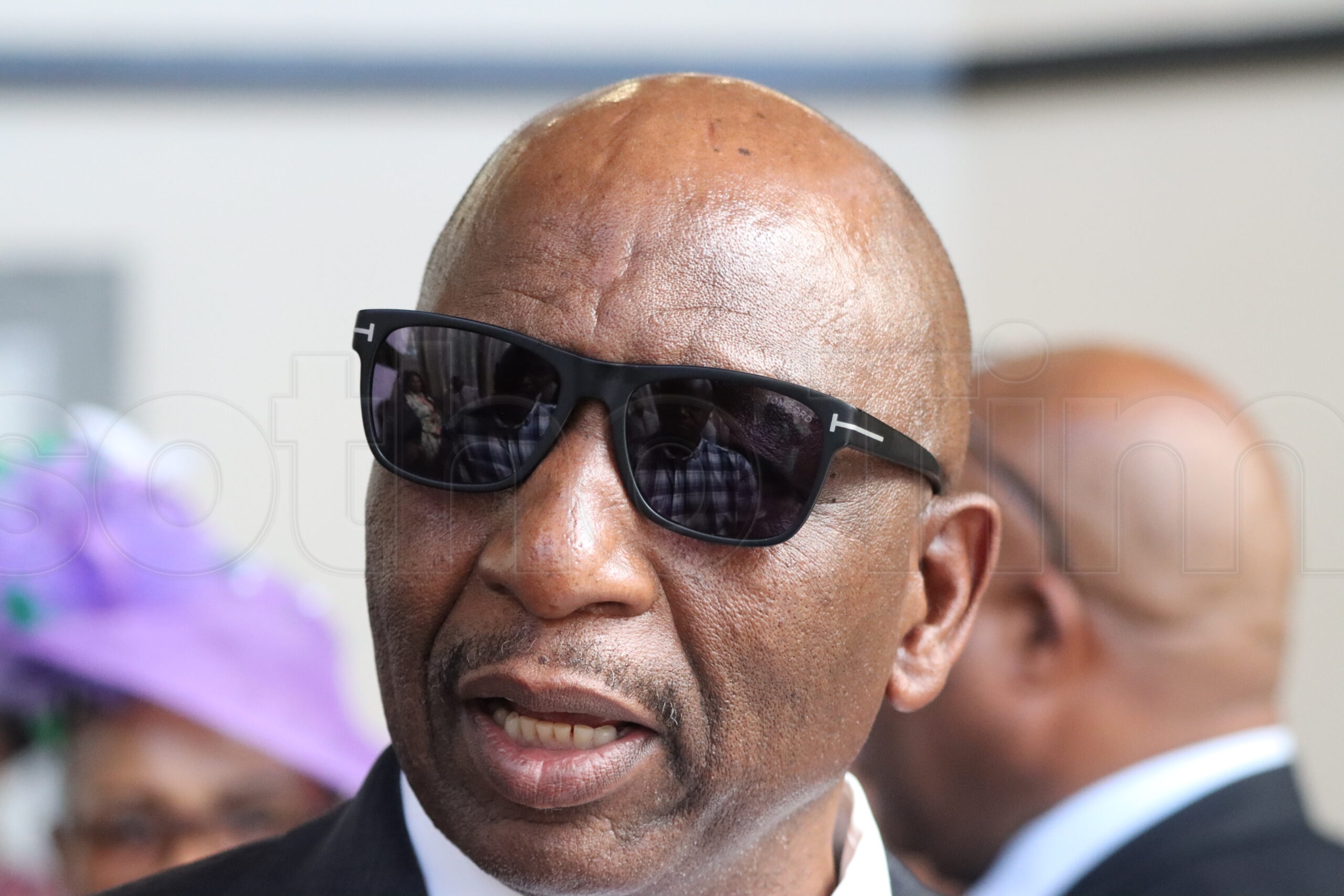THE government’s decision to dissolve the Government Assets Recovery Task Team (GASRTT), which government insists was necessitated by the task team’s lack of legal foundation, has left citizens questioning whether the true motive was legal housekeeping or a calculated attempt to stifle accountability.
The GASRTT was established in December 2022 under the Office of the Prime Minister to recover state assets — land, buildings, vehicles, and other property — unlawfully acquired by individuals, including public officials. It was a bold and necessary initiative.
For decades, government property has been looted, misused, or illegally occupied, with successive administrations either turning a blind eye or actively enabling the rot. The task team represented a rare glimmer of resolve to confront systemic corruption and reclaim what rightfully belongs to Basotho.
That glimmer of hope, however, has now been abruptly extinguished. According to insiders, the team was disbanded just as it began probing sensitive cases involving powerful figures — among them Prime Minister Sam Matekane, Deputy Prime Minister Nthomeng Majara, and other cabinet members.
While these allegations remain unproven, their mere existence underscores the deep mistrust between the state and its citizens. It is difficult for the public to accept that a task team, formed under the Prime Minister’s Office and has been operating for nearly three years, could be suddenly deemed illegal only after it starts probing those in power.
The government’s explanation that the task team lacked a gazette and therefore had no legal mandate is, at best, an admission of administrative incompetence. Why was this not rectified earlier?
If the government truly believed in the team’s mission, it could have formalised its status rather than dissolving it altogether. The failure to do so points to either negligence or a deliberate attempt to curtail investigations before they touch on powerful individuals.
Equally troubling are the reports of interference in specific cases — from the case involving the alleged unlawful occupation of government plots to the curious “missing beds” scandal implicating senior government officials.
These may seem trivial on the surface, but collectively they paint a picture of a state apparatus unwilling to submit to the same scrutiny it demands of ordinary citizens. The government’s instinctive defensiveness, rather than transparency, only deepens suspicion.
This is not the first time a reform initiative has been derailed under the pretext of legality or procedure. Lesotho’s recent history is littered with commissions, inquiries, and anti-corruption drives that began with fanfare but ended in silence the moment they threatened the political elite.
Each time, the result has been the same: diminished public trust, eroded institutional credibility, and the entrenchment of impunity.
By dissolving the GASRTT, the government has effectively weakened its own anti-corruption credentials. This is particularly ironic for a leadership that came into office promising to restore the integrity and efficiency in public administration.
Prime Minister Matekane’s Revolution for Prosperity (RFP) rose to power on the promise of “a new dawn” — one in which corruption would no longer be tolerated. Yet, with this decision, the administration risks being seen as no different from its predecessors.
The government’s assurance that “work will resume once legal preparations are complete” rings hollow without concrete timelines, transparency, or independent oversight. Basotho have heard similar promises before.
Unless the government publishes a clear framework outlining how the new, legally grounded structure will operate — who will lead it, how it will be insulated from political influence, and when it will resume operations — this dissolution will be remembered not as a procedural correction, but as a calculated retreat from accountability.
What is at stake here is not merely the fate of a single task team, but the integrity of governance itself. If officials can hide behind bureaucratic loopholes to avoid scrutiny, then the entire anti-corruption architecture collapses.
Lesotho’s fight against corruption cannot depend on personalities or temporary task forces; it must be institutionalised, legally grounded, and shielded from political manipulation. Anything less will perpetuate the cycle of impunity that has crippled the public service for decades.
Furthermore, the government’s communications strategy in this matter has been dismal. Instead of proactively engaging the public and clarifying facts, it has chosen to dismiss allegations as “deliberate distortions”. Such language only alienates the citizenry and fuels perceptions of arrogance and concealment. A transparent government does not fear questions; it answers them convincingly and promptly.
To restore credibility, the government must take the following urgent steps.
It should publish the full report of the GASRTT’s findings to date, even if incomplete, to demonstrate commitment to openness. It must also ensure that any successor body is established through proper legal channels, staffed by qualified professionals, and empowered to investigate all cases — including those involving high-ranking officials. Lastly, Parliament must play an active oversight role to prevent the executive from arbitrarily disbanding accountability mechanisms in future.
The dissolution of the GASRTT could either mark a regrettable step backward or serve as a turning point toward genuine reform. The choice lies with the government. If Mr Matekane’s administration truly seeks to distinguish itself from the corrupt regimes of the past, it must act swiftly to prove that it has nothing to hide. The public’s patience and faith are wearing thin. Accountability delayed is justice denied.


